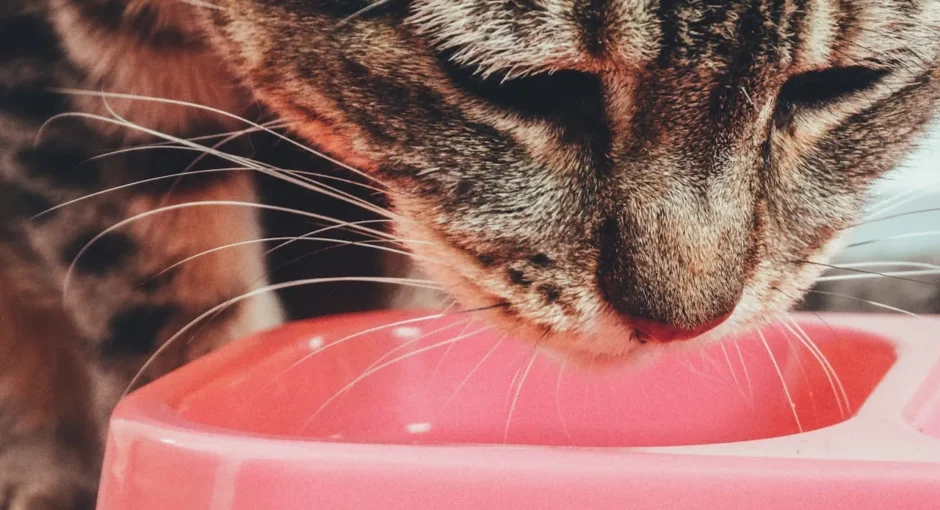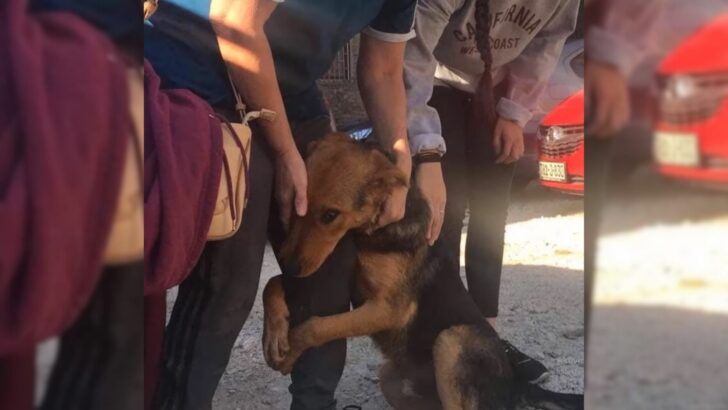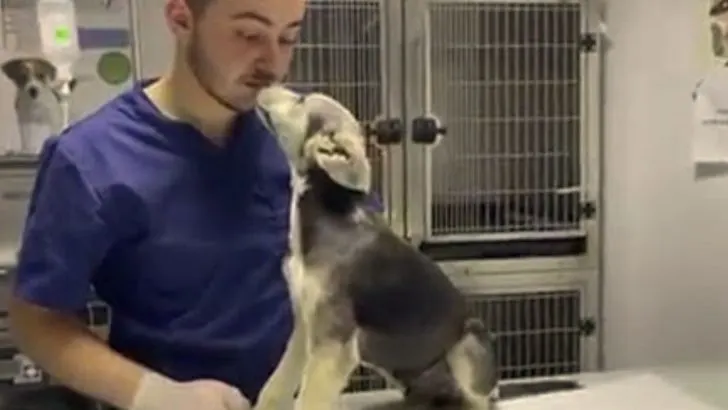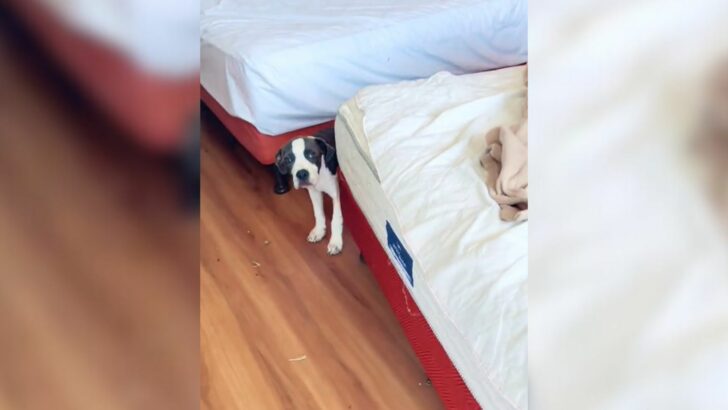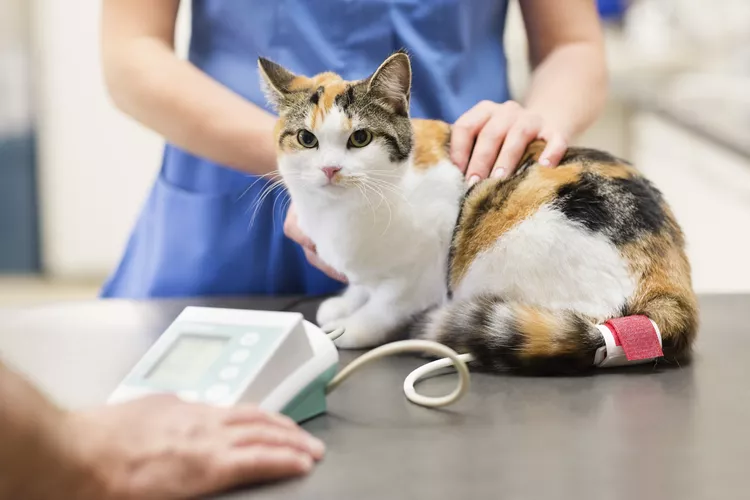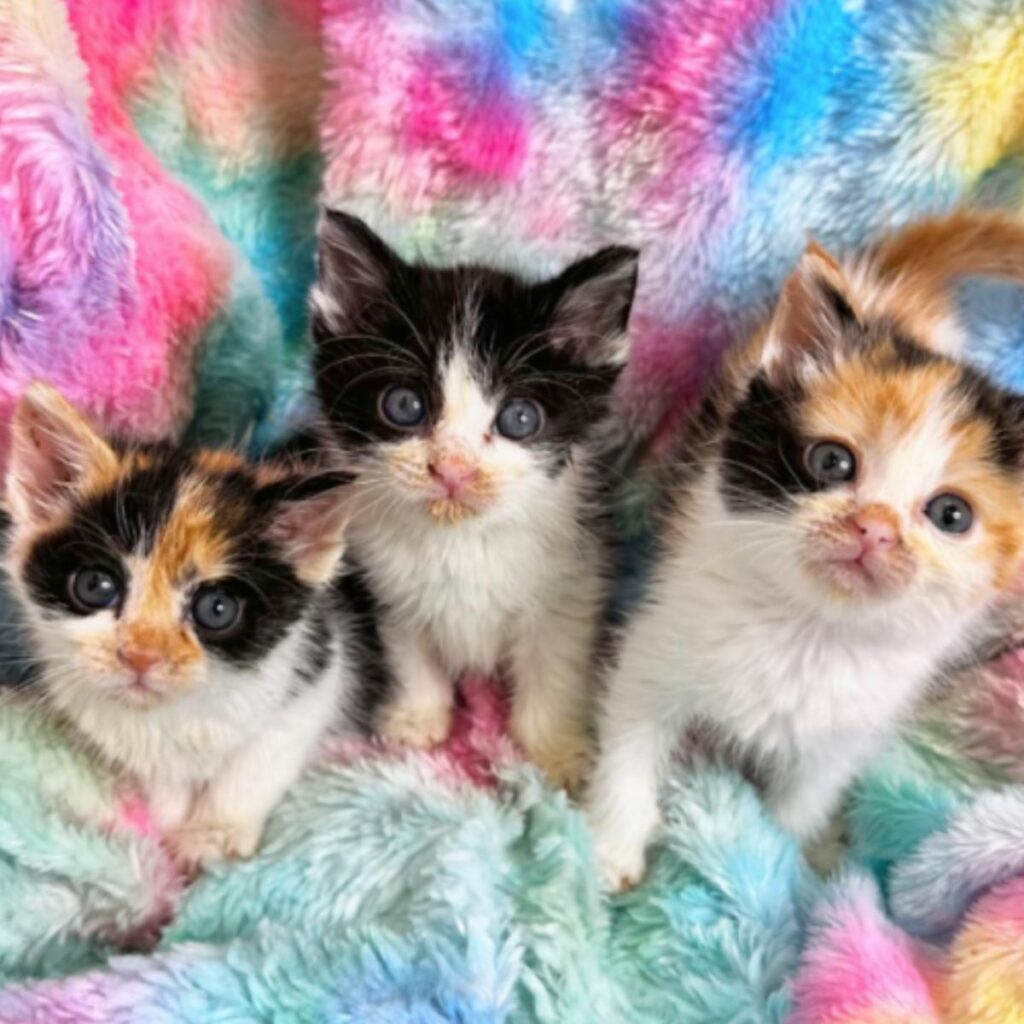Cats have a way of letting us know when they’re hungry. If your cat starts exhibiting certain behaviors, it’s a sign that they need to be fed. These signs include licking lips or smacking, increased vocalization, chewing on unusual objects, and heightened attention and following you around. Recognizing these signs and responding promptly is important to ensure that your cat is well-fed and content. If your cat’s appetite or eating habits have suddenly changed, it’s always a good idea to consult with your veterinarian to rule out any underlying health conditions.
Licking lips or smacking
One common sign that a cat is hungry is if they start licking their lips or smacking their mouth. This behavior is often accompanied by a slight drooling. Cats may do this to stimulate their appetite or to express their hunger to their owners.
It’s important to note that excessive licking or smacking can also indicate dental issues or other health problems, so it’s always a good idea to have your cat checked by a veterinarian if you notice this behavior.
Increased vocalization
When it comes to hungry cats, increased vocalization is a common behavior that owners may notice. If your cat starts meowing more frequently or even crying for food, it’s a clear indication that they are hungry and seeking sustenance. Cats have their own unique way of communicating with their owners, and meowing is one of their primary methods.
In such instances, it’s important to respond promptly to their vocalization by feeding them. By doing so, you can help ensure that your cat is satisfied and content. Providing them with the food they need not only addresses their hunger but also contributes to their overall well-being.
Chewing on unusual objects
One of the signs that your cat may exhibit when it is hungry is chewing on unusual objects. This behavior can include biting and chewing on plastic, fabric, or even furniture. While it may seem peculiar, it is often a sign of frustration and can indicate that your cat is not receiving enough food.
If you notice your cat engaging in this behavior, it is important to provide them with sufficient and appropriate meals. Feeding your cat a balanced diet that meets their nutritional needs can help prevent this behavior and keep them satiated.
Heightened attention and following you around
When your cat is feeling hungry, they may exhibit heightened attention towards you and start following you around more than usual. It’s their way of communicating their hunger and the need for food. You might notice them rubbing against your legs or constantly seeking your attention. This clingy behavior is a clear indication that they are in need of nourishment.
If your cat becomes clingy and follows you wherever you go, it’s important to respond to their attention-seeking behavior by feeding them. Providing them with a nutritious meal will not only satisfy their hunger but also contribute to their overall well-being.
Remember, cats rely on us to meet their dietary needs, and being attentive to their hunger cues is part of responsible pet ownership. By recognizing and responding to their heightened attention and following behavior, you can ensure that your cat stays happy and content.
